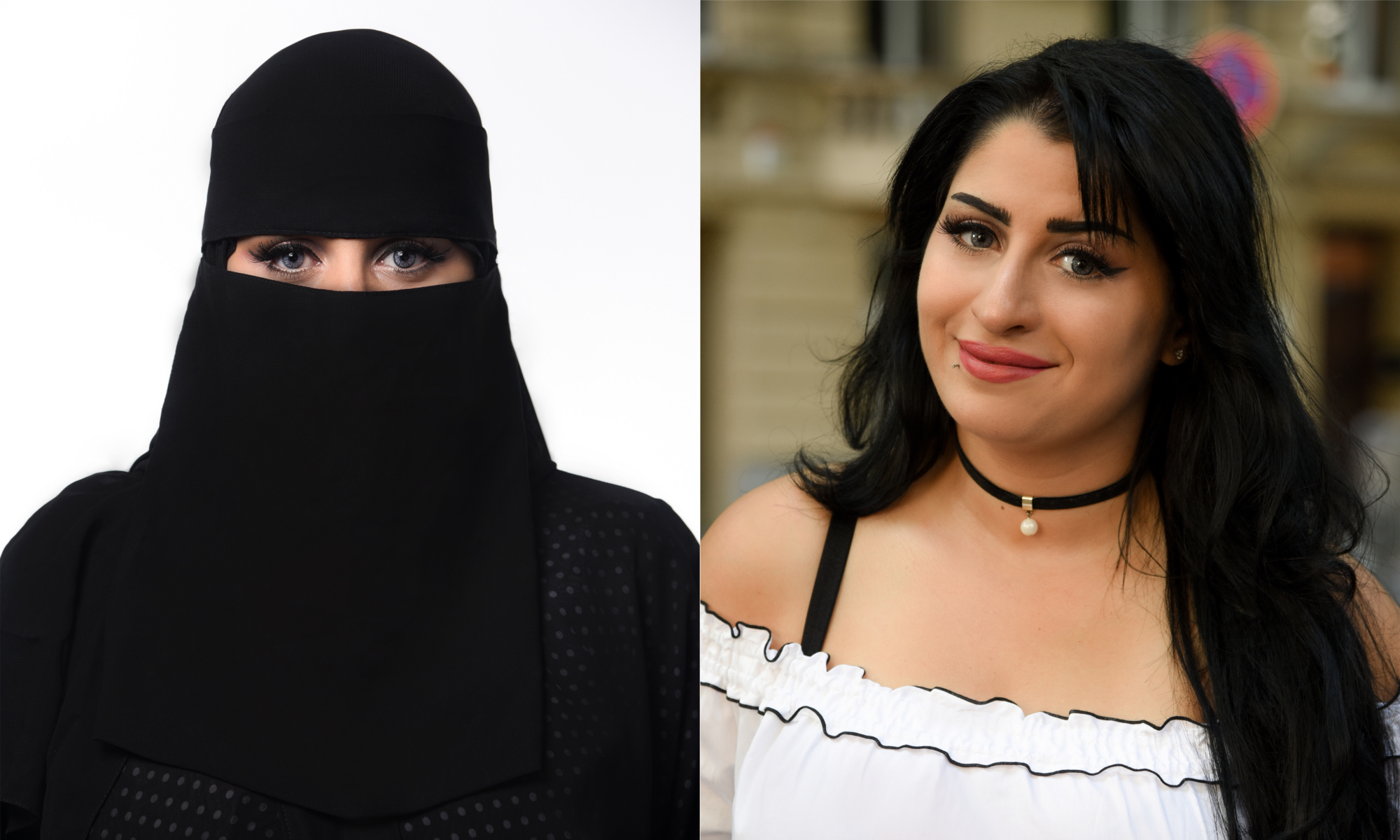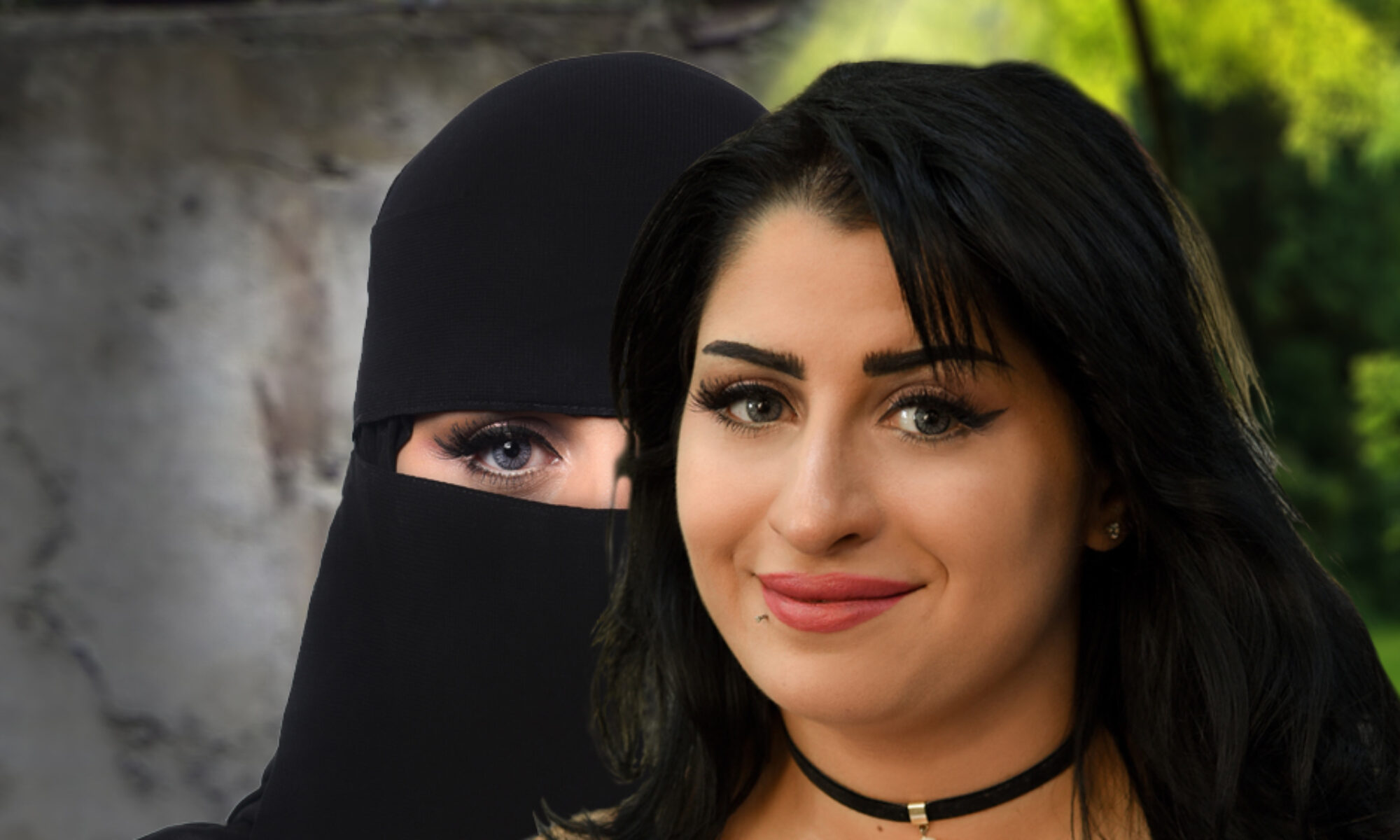
Rana did not believe in Allah. And she was convinced that also women deserve a life of freedom and equality. She knew that it was only a matter of time before she would be threatened, persecuted or murdered in her homeland because of her nonconform views on religion, people and the universe, possibly even by her own family. Life in Saudi Arabia became unbearable for her, so she was eventually faced with a choice:
Suicide or escape?
Rana decided to flee. She thought that she would only have to survive the long and for her as a single woman extremely dangerous Balkan route in order to live in peace, to be safe and free. After all, Germany, where she made it to with much luck, was a peaceful and safe country with a liberal constitution: no one could be convicted here for a “thought crime” – her fall from faith in the eyes of the Islamists was nothing else.
But when Rana found herself in a refugee shelter in Cologne, she realized that her dream had not come true. For the danger from which she had fled – it had traveled with her: in the form of other refugees. They too had good reasons for leaving their countries, but apostasy, falling from faith, was not one of them. Many of the refugees Rana met in Cologne were religious Muslims. And some of them thought that apostasy was a terrible, even a deadly crime.
Rana was in shock: she was threatened in Germany – like in Saudi Arabia before. She had to fear for her life – like in Saudi Arabia. “I had the feeling that I had never left Saudi Arabia”, she summed up her experiences later. For a long time she didn’t know what to do. Then she found out by chance that the chairperson of the Central Council of Ex-Muslims (ZdE), Mina Ahadi, also lived in Cologne. Rana contacted her and through Mina she met some members of the Giordano-Bruno-Stiftung (gbs). A short time later they were able to find an apartment for her in Cologne, where she moved in gladly.
Only now she was free. She could have settled into her new life and enjoyed her new freedoms, but she was painfully aware that her own fate was not an exceptional and isolated case.
Therefore, Rana gathered all her courage and, with the help of the Central Council of Ex-Muslims and the gbs Cologne, brought her story to the public. In June 2016, a first major article appeared in the Frankfurter Allgemeine Zeitung, and in September, she was a guest on two occasions in the sternTV programme.
Rana’s commitment attracted the attention of large sections of the German population to the precarious situation of non-religious refugees in Germany. In addition, her case was the final impetus to launch a project that had long been discussed among ex-Muslims and the Giordano-Bruno-Stiftung, namely the establishment of an Atheist Refugee Relief organisation.




